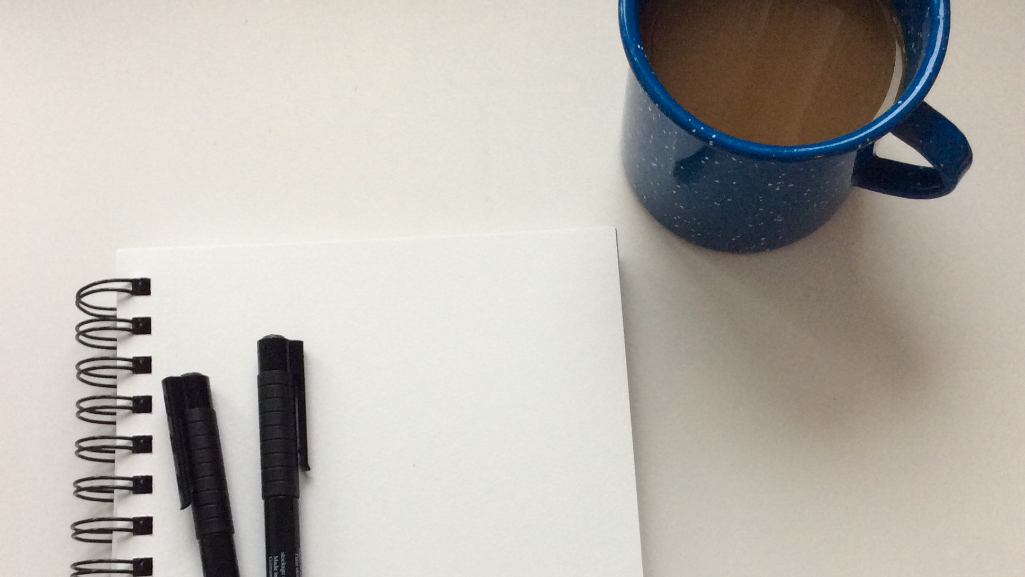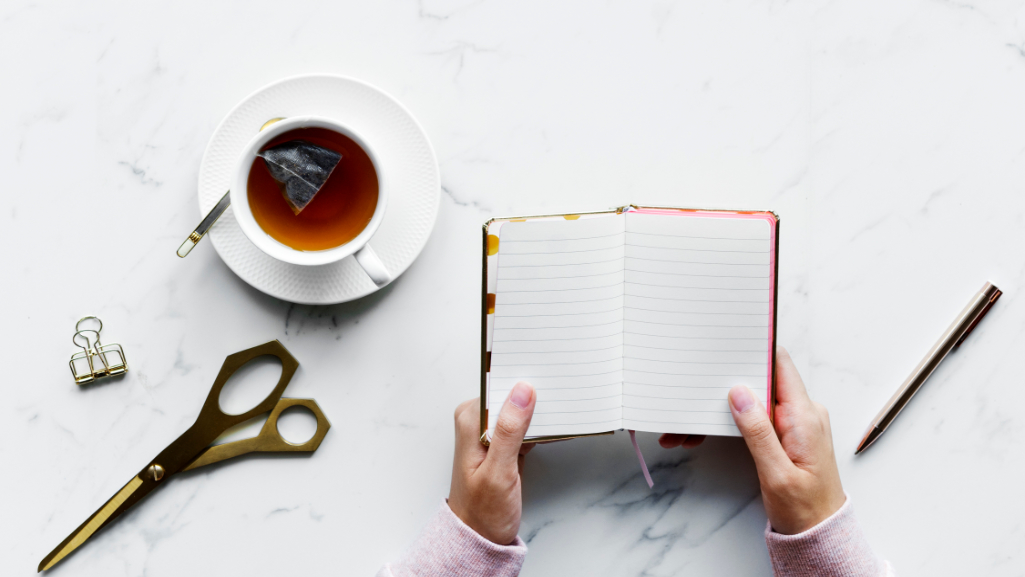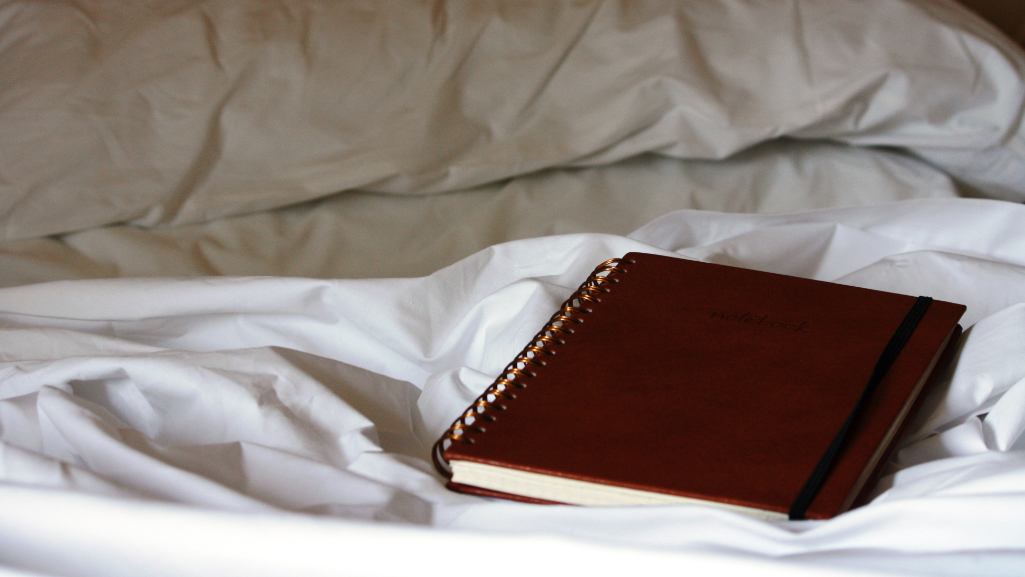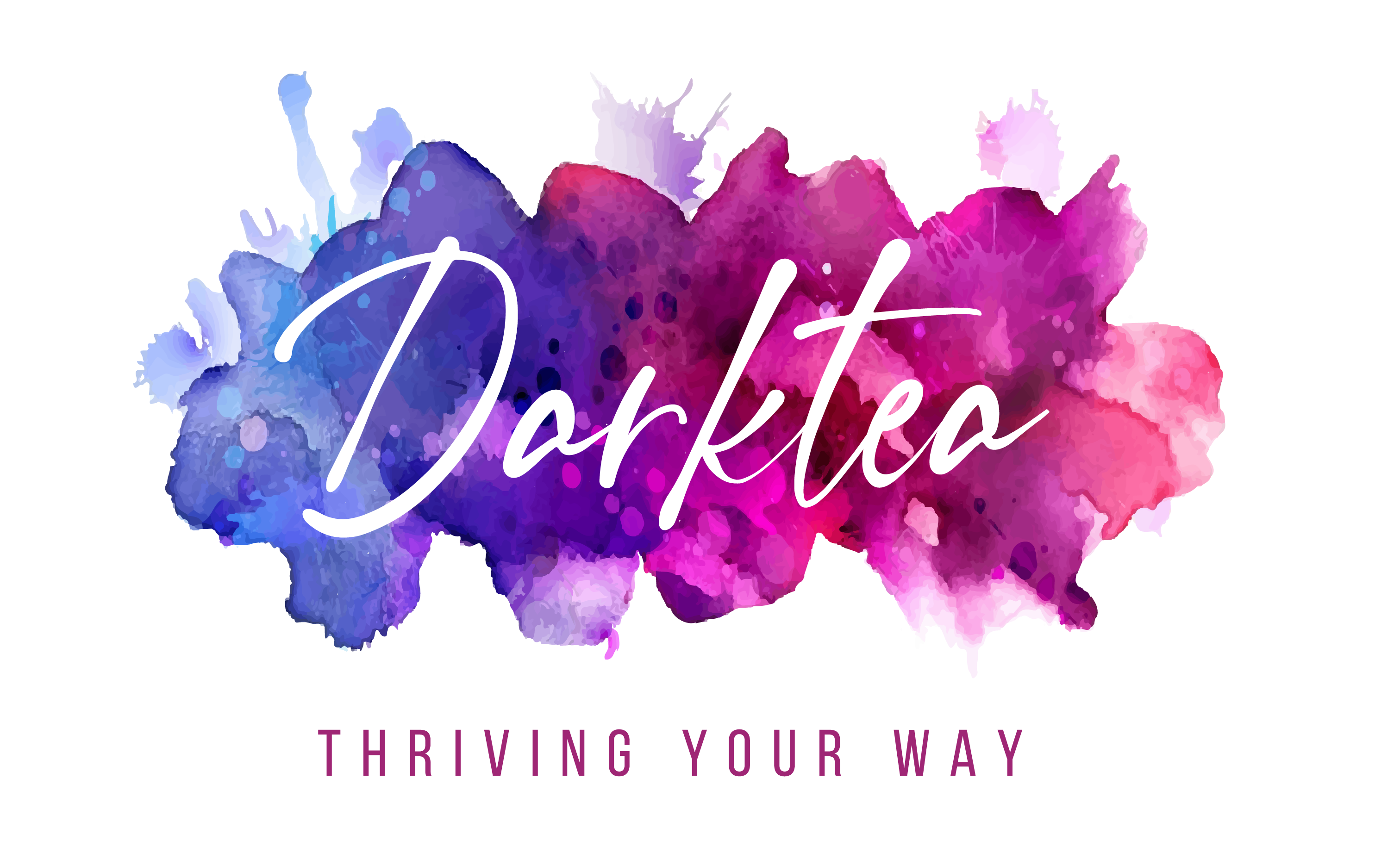Finding the best journaling time is an important part of your journaling journey. Some people like to journal at night while they are relaxing in bed. Others like to journal in the morning or in moments captured during the day. The big question is do you have a preferred time and if so what is it?

Is there a perfect writing time?
While some people may talk about the perfect writing time, the truth is everyone has different needs and preferences. This means there is no one right time that works for everyone, only the right time for you. You may even decide you don’t want a daily journal and your best right time is weekly or ad hoc instead.
How do you find your best journaling time?
The way you journal is something that is unique to you and your style of journaling. To find a time that works for you, you should experiment with different times and see what works best for you. As a starting point, you can consider if you’re a morning person or a night owl. You can also consider where you want to write by trying different locations and environments. And also the different types of journaling you may want to do as some e.g. junk journaling may need more space and time than others e.g. using a writing prompt. This will allow you to find out what is important to you and where you want to make the time to start writing.
One outcome of this experimenting maybe you decide you don’t want a set time, and you’re happy to write when you’re bored or your emotions are high. And that is fine. Journaling doesn’t have to be a daily habit, what is important is putting pen to paper when you want to write.

Benefits of journaling in the morning
- Increased creativity: apparently the brain is often most creative and productive in the morning, which can lead to more inspired and imaginative writing. Morning pages (three pages of unfiltered writing first thing in the morning) were made famous by Julia Cameron in The Artists Way to encourage creativity
- Improved focus and concentration: Writing in the morning when the mind is fresh can help you concentrate better and stay focused
- Reduced stress and anxiety: Starting your day with a calming and reflective activity like writing can help reduce stress and anxiety levels, leading to a more relaxed and productive day
- Greater consistency: Making writing a part of your existing morning routine can help you establish a regular writing habit and stick to a consistent schedule.
- More energy: Writing in the morning can help you feel energised and motivated for the rest of the day, as you’ve already accomplished a meaningful task.

Benefits of journaling during the day
- Increased productivity: taking a break from your to-do list can help clear your mind and potentially return to your tasks with new insights and energy
- Enhanced creativity: Writing during the day means what has happened during the day or your surroundings can inspire your writing.
- Reduced stress and anxiety: Writing during the day enables you to process your thoughts and emotions while they’re raw and can help you feel calmer.
Benefits of journaling before bed
- Reflective writing: The evening can provide an opportunity to reflect on your day and contemplate your thoughts and feelings in a more relaxed state of mind.
- Reduced distractions: there tends to be fewer distractions and interruptions, allowing you to focus more fully on your journal entries
- Better sleep: Journaling at night can help you clear your mind of any worries or stresses from the day, leading to a more restful sleep.

Schedule your journaling into your day or week
Once you’ve found your preferred writing time, the next step is to make sure you actually use it. If you’ve chosen a specific time, make sure it is part of your daily life. A good way of doing this is to connect your journaling practice to another habit. This is called habit stacking and could be as your cup of tea is brewing you get your notebook and pen out on the table ready. If you’ve decided you want to write at different times, make sure your journal is close by so you can grab it when you want.
Conclusion
It is important to note that everyone has different needs and preferences for journaling. There is no one right time that works for everyone. There are many factors that might influence when you journal best, like your schedule. So it’s important to experiment with different times of day and days of the week to find what works best for you. You may discover that you don’t want a daily journaling habit, instead you’d rather do it on an irregular basis such as when you have negative emotions or difficult feelings, or you’ve had a stressful event which you want to work through. If you’re struggling to find a time that works for you, try writing in different places; may be environment is more important than time for you.








 Living Your Best Life: Why Discovering Your Personal Values is Key
Living Your Best Life: Why Discovering Your Personal Values is Key